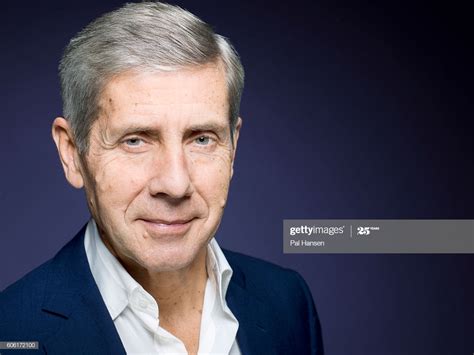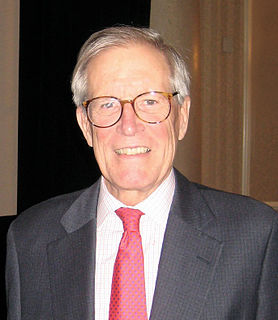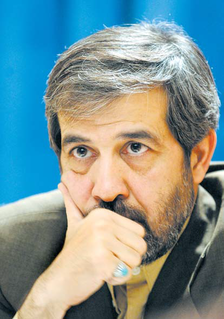A Quote by Daniel Pennac
Each country thinks its school is in a specific crisis, without ever linking the school's crisis to that of the society around it.
Related Quotes
My second year of teaching I was chosen to be a crisis intervention teacher. Our school was a kindergarten through fourth grade school with 1,500 kids, largely recent immigrants from Africa and South America. And it was in one of the poorest zip codes in the country. The classes were too big, the school was underfunded.
We sometimes emphasize the danger in a crisis without focusing on the opportunities that are there. We should feel a great sense of urgency because it is the most dangerous crisis we have ever faced, by far. But it also provides us with opportunities to do a lot of things we ought to be doing for other reasons anyway. And to solve this crisis we can develop a shared sense of moral purpose.
The problem the world faces today is that only one-third of the world's population lives in decent circumstances, while half the population of the world lives on one or two dollars a day. And even as we have this poverty and backwardness, we are facing a global environmental crisis. We need developmental models that will take into account the specific and unique position of each country and at the same time will address the environmental crisis.
When my mother died, my father was in a crisis, my sister was in a crisis, everyone was in a crisis. I went round the night my mother was lying in the kitchen, and I organised everything, from the undertaker to the funeral... I looked after everybody, I sorted it all out and I've done so ever since.





































